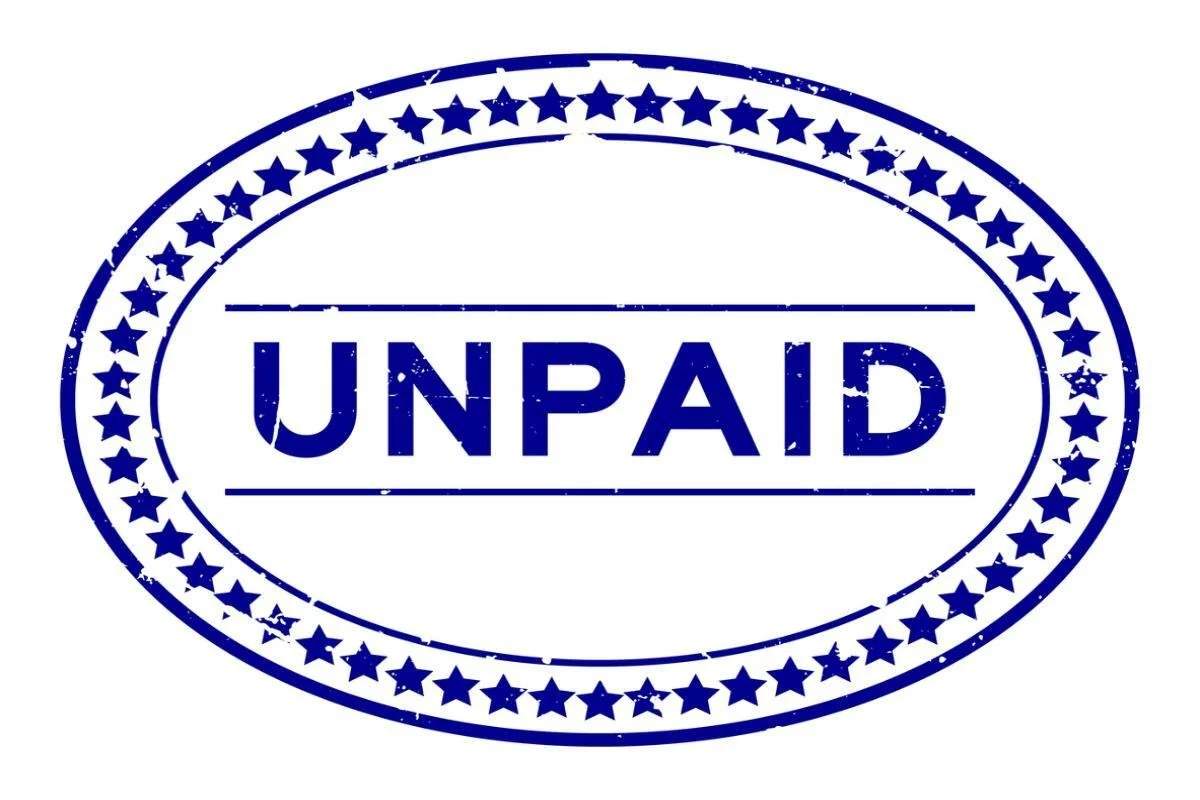CVS $7.5M Wage Deal to Cover One Thousand Pharmacists
/Final approval has been granted for the $7.4 million settlement between CVS Pharmacy, Inc. and the class of over 1,000 pharmacists. Pharmacists lodged allegations of unlawful denial of overtime pay when working over six days consecutively. The final approval hearing was held in Los Angeles Superior Court with Judge Elihu M. Berle granting the final approval for the proposed settlement.
Pharmacists included in the class action work or previously worked in three different CVS California regions. They filed a claim that they worked the “seven-day week,” but were not paid overtime. The judge noted that the plaintiffs believed they had viable claims, but that they were also aware that CVS did not believe their practices were in violation of wage and hour laws. The judge felt the settlement was fair and reasonable and that the plaintiffs were appropriately weighing the benefits of prevailing against risks posed by trial and potential delays of appeals, etc.
No class members objected to the settlement. Only seven class members opted out. Claims were filed for 85% of workweeks at issue in approving the settlement/deal. Plaintiffs’ request for attorneys’ fees of $2.49 million was also approved by the judge.
The three suits were filed in October 2013 alleging violations of California labor code on the part of CVS pharmacy due to requirement of pharmacists working over six days in a row without payment of overtime (time and a half for any hours worked on the seventh day of consecutive work). Preliminary approval was granted by Judge Berle in July after parties used the help of a mediator to come to a tentative agreement.
The agreement will result in each class member receiving approximately $2,846. The actual amount will depend upon the number of workweeks the pharmacist worked during the time period designated by the class action.
If you have questions regarding the class action process or any other southern California employment law issue, please get in touch with the attorneys at Blumenthal, Nordrehaug & Bhowmik today. We can answer your questions and provide you with the legal counsel you need.






